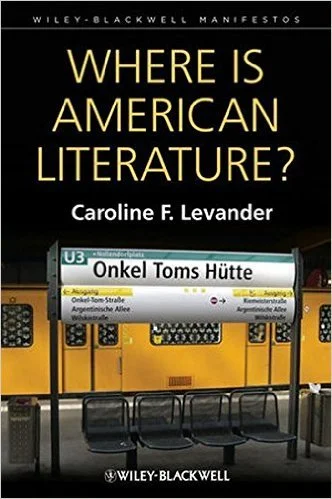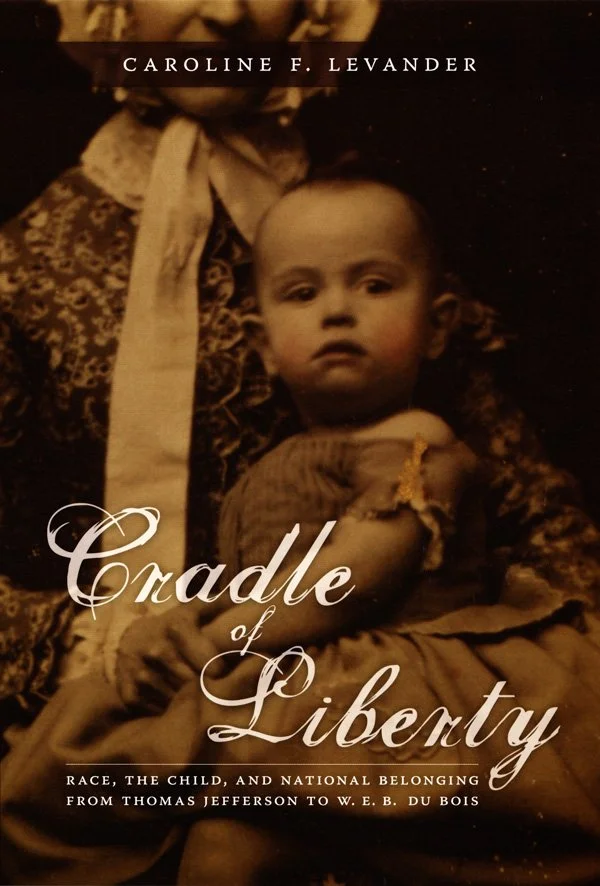Invent Ed
How an American Tradition of Innovation Can Transform College Today
“Invent Ed is a timely and significant contribution to our current national debates about the future of American higher education and the public good.”
- Neal Lane, Director of the National Science Foundation, President Clinton's Science Adviser, and University Chancellor of the University of Colorado
Pre-order today!
An essential guidebook on innovation in higher education—and how we can ensure student success in college by looking to the history of American invention.
Invent Ed is a much-needed contribution to the broad ecosystem of innovation, creativity, and higher education in America. Our country’s first generations of inventors, from Benjamin Franklin to modern visionaries like Steve Jobs, made important new discoveries by putting existing knowledge into unexpected new combinations. This inventive method led to the discoveries that made the nation a global power.
Influential educational leader Caroline Levander provides examples of how to integrate this creative method into the student experience. She offers industry leaders, regulators, and parents valuable insight into how to make the American college experience all that it should be.
After tracing the riveting and forgotten history of invention in America, Invent Ed provides a succinct and useful account of how American colleges rose to global prominence and how they operate today. It then offers guidance on how to renew US higher education and thereby ensure the nation’s ongoing vitality.
More titles
-
“American Studies @ Scale,” in Neither the Time Nor the Place: Today’s Nineteenth Century, Eds. Susan Gillman and Christopher Castiglia (University of Pennsylvania Press), June 2021.
Inside Higher Ed Series: Education in the Time of Corona, with Peter Decherney, April - June, 2020
“The Hottest Job in Higher Education: Instructional Designer”
“Community is the Secret to Successfully Enrolling Students in the Fall”
“Can Universities Learn to Share Before Facebook Does it for Us?”
“Global Education, Educating Globally,” in International Education at the Crossroads, Eds. Deborah Cohn and Hilary Kahn (Indiana University Press), 2020.
“Faulkner’s Age, Age in Faulkner’s Work,” in Faulkner’s Families, Ed. Jay Watson (University Press of Mississippi), forthcoming 2021.
-
A Companion to American Literary Studies, Wiley-Blackwell, December 2011, Paper Reprint, 2015.
“The Global South and World Dis/Order,” Guest Editor with Walter Mignolo, The Global South, Spring 2011.
“Imagining the Americas” Book Series, Oxford University Press, Co-Editor, 2008-17.
Teaching and Studying the Americas: Cultural Influences from Colonialism to the Present, co-edited with Anthony Pinn and Michael Emerson, Palgrave Macmillan, December 2010.
Hemispheric American Studies, co-edited with Robert S. Levine, Rutgers University Press, October 2007.
Where is American Literature? offers a spirited and compelling argument for rethinking the way we view American literature in relation to the nation while powerfully demonstrating why it continues to matter in a global age.
Cradle of Liberty: Race, the Child and National Belonging from Thomas Jefferson to W.E.B. Du Bois
Nominated for American Studies Associations John Hope Franklin Prize and for Modern Language Association James Russell Lowell Prize (Choice Essential Book).
Throughout American literature, the figure of the child is often represented in opposition to the adult. In Cradle of Liberty Caroline F. Levander proposes that this opposition is crucial to American political thought and the literary cultures that surround and help produce it.
Hotel Life: The Story of a Place Where Anything Can Happen
What is a hotel? As Caroline Levander and Matthew Pratt Guterl show us in this thought-provoking book, even though hotels are everywhere around us, we rarely consider their essential role in our modern existence and how they help frame our sense of who and what we are.
Voices of the Nation: Women and Public Speech in Nineteenth-Century American Literature and Culture
Throughout the nineteenth century, American authors such as Henry James, William Dean Howells, and Noah Webster displayed a fascination with women's speech—describing how women's voices sound, what happens when women speak, and what reactions their speech produces, especially in their male listeners. Voices of the Nation argues that closer inspection of these recurring descriptions also performed political work that has had a profound—though unspecified to date—impact on American culture.
This landmark collection brings together a range of exciting new comparative work in the burgeoning field of hemispheric studies. Scholars working in the fields of Latin American studies, Asian American studies, American studies, American literature, African Diaspora studies, and comparative literature address the urgent question of how scholars might reframe disciplinary boundaries within the broad area of what is generally called American studies.





